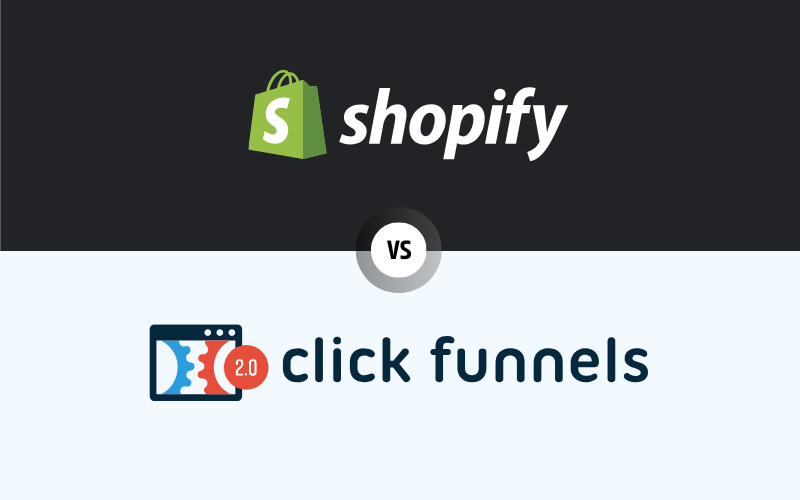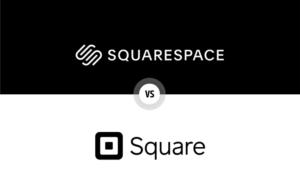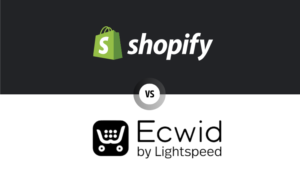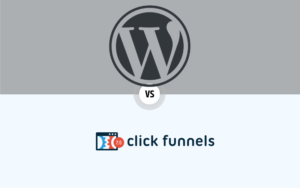In the world of online business, user reviews and testimonials are invaluable resources that provide credibility and insight into the performance of platforms like Shopify vs. ClickFunnels. These personal accounts offer a glimpse into the user experience, highlighting the strengths and potential drawbacks of each service. As you consider the tools to support your business’s growth, understanding the impact of security and reliability through the lens of existing users becomes essential. This blog post delves into the power of user reviews and testimonials, helping you navigate through the options and choose a platform that aligns with your business objectives.
| Feature / Capability | Shopify | ClickFunnels |
|---|---|---|
| Ease of Setup | ✅ Easy setup with guided tutorials | ✅ Quick setup focused on funnels |
| User Interface | ✅ Intuitive and user-friendly | ✅ Intuitive and user-friendly |
| Website Design | ✅ Extensive themes and customization options | ✅ Range of funnel templates |
| Templates Available | ✅ High-quality, diverse options | ✅ High-converting templates |
| Customizability | ✅ Deep customization with HTML/CSS access | ✅ Customizable, but some limits without coding |
| Sales Tools | Via apps | ✅ Built-in advanced sales funnel tools |
| Marketing Features | ✅ Basic features with advanced options via apps | ✅ Comprehensive built-in features |
| Product Management | ✅ Complete solution | Limited to products within funnels |
| Inventory Management | ✅ Full inventory system | ❌ Not a core feature |
| Payment Processing | ✅ Multiple options, including Shopify Payments | ✅ Integrates with various payment gateways |
| SEO Tools | ✅ Built-in tools plus apps for advanced SEO | ❌ Basic SEO capabilities only |
| Analytics | ✅ Detailed analytics and reports | ✅ Funnel analytics and basic reporting |
| Mobile Responsiveness | ✅ Most themes are mobile responsive | ✅ Templates are mobile optimized |
| Pricing Plans | Starts at $29/month (basic plan) | Starts at $97/month (basic plan) |
| Integrations | ✅ Extensive app marketplace | Limited native integrations; relies on Zapier |
| Email Marketing | Via apps | ✅ Basic features included, advanced with upgrades |
| A/B Testing | Via apps | ✅ Built-in feature |
| Payment Gateways | ✅ Supports multiple gateways | ✅ Supports multiple gateways |
| Customer Support | ✅ 24/7 support | ✅ Support through various channels |
| Community and Resources | ✅ Extensive community and educational resources | ✅ Active community and training resources |
| Scalability | ✅ Highly scalable with plans and apps | ✅ Scalable, though geared towards funnel scaling |
| Third-Party Apps/Extensions | ✅ Large app store with numerous integrations | Limited selection but key integrations available |
| Shipping Solutions | ✅ Comprehensive shipping solutions | ❌ Not a core feature |
| Physical Product Sales | ✅ Optimized for physical products | ✅ Possible but not the primary focus |
| Digital Product Sales | ✅ Supported with apps | ✅ Built-in support for digital products |
| Subscription-Based Services | ✅ Supported with apps | ✅ Built-in support for subscription models |
| Membership Site Functionality | Via apps | ✅ Built-in feature |
| Transaction Fees | 0.5% to 2% for non-Shopify payments, 0% with Shopify Payments | ❌ No additional fees for processing payments |
| Point of Sale (POS) | ✅ Supports in-person sales with Shopify POS | ❌ Not supported |
| Multichannel Selling | ✅ Supports sales across various online channels | Limited to funnel pages and associated sales channels |
| Blog Functionality | ✅ Built-in blogging platform | ❌ Not a core feature |
| International Selling | ✅ Features for global commerce | Limited without additional configurations |
Table of Contents
Ease of Use Shopify vs. ClickFunnels
When comparing Shopify versus ClickFunnels on ease of use, it’s important to consider the user experience from the perspective of someone who may not have extensive technical expertise. Both platforms serve to simplify the online business process, but they do so in different ways.
Shopify prides itself on being a comprehensive e-commerce platform that even beginners can navigate with relative ease. From the moment you sign up, Shopify guides you through the setup process with a clear step-by-step approach. The dashboard is intuitively designed, allowing users to add products, create collections, and customize their store without feeling overwhelmed. For visual learners, Shopify provides a variety of tutorial videos and extensive documentation that can be especially helpful.

ClickFunnels, on the other hand, focuses on building sales funnels that convert visitors into customers. The platform uses a drag-and-drop editor, which makes it simple to create funnels even if you’ve never done it before. The main selling point is how quickly you can set up a funnel that’s tailored to your specific business needs, whether it be for sales, webinars, or collecting emails.

In the debate of Shopify vs. ClickFunnels, it’s clear that both platforms are designed with the user in mind, striving to make the online selling and marketing process as straightforward as possible. Shopify will appeal more to those looking to create a full-fledged online store with multiple products, while ClickFunnels is geared towards entrepreneurs who want to create targeted, high-conversion funnels.
Both platforms offer a clean interface and plenty of guidance, but the focus of your business may dictate which platform’s ease of use is more beneficial for you. Shopify simplifies the e-commerce store setup, and ClickFunnels simplifies the funnel building process.
As you decide between Shopify and ClickFunnels, consider not just the initial ease of use but also how each platform will scale with your business and what kind of learning curve you’re prepared to handle. Ultimately, both platforms have their merits, and the right choice will depend on your specific business needs and goals.
Website and Funnel Building Capabilities
When evaluating the website and funnel building capabilities of Shopify vs. ClickFunnels, it’s vital to recognize the core focus of each platform. This focus influences the tools and features they offer to business owners and marketers.
Shopify excels in providing users with a robust platform for creating a full-fledged e-commerce website. It offers a wide range of customizable templates that cater to different industries and aesthetic preferences. Users can personalize their online store with simple drag-and-drop tools, which makes adding products, creating product collections, and managing inventory straightforward. Shopify’s website builder is designed to accommodate e-commerce businesses of all sizes, making it a versatile choice for those looking to scale their operations.

ClickFunnels specializes in building sales funnels that are optimized for conversion. Unlike Shopify, which is built to manage a variety of e-commerce activities, ClickFunnels is laser-focused on guiding potential customers through a carefully crafted journey that leads to a sale or another desired action. The platform provides a range of pre-built funnel templates that can be easily customized to fit your product or service. Each funnel is designed with conversion in mind, ensuring that every page leads the visitor towards making a purchase or becoming a lead.

In the context of Shopify vs. ClickFunnels and their website and funnel building capabilities, both platforms offer strong tools that cater to different aspects of the online business world. Shopify is a comprehensive e-commerce solution that’s perfect for building a traditional online store. In contrast, ClickFunnels is a funnel building service that’s ideal for creating sales funnels that convert visitors into leads or customers.
The choice between Shopify and ClickFunnels will depend largely on your business model. If you need a complete online store with various products and categories, Shopify might be the way to go. However, if your primary goal is to create high-converting sales funnels, ClickFunnels could be the more appropriate tool.
Understanding the strengths of each platform’s building capabilities will help you choose the right service for your online business strategy. Remember, the best platform is the one that aligns with your business goals and helps you convert your audience into paying customers.
E-commerce Features
Delving into the e-commerce features of Shopify vs. ClickFunnels offers insight into how each platform serves online merchants differently. Both are powerful in their own right, but their features are tailored to distinct aspects of the online selling process.
Shopify is a dedicated e-commerce platform, which means its features are specifically designed to support online stores. It boasts a comprehensive set of tools for product management, including inventory tracking, variant pricing, and bulk import/export capabilities. Shopify also facilitates a smooth checkout experience for customers, with a secure shopping cart that supports a wide array of payment gateways and currencies. Moreover, Shopify’s abandoned cart recovery feature can help merchants recapture potential lost sales.
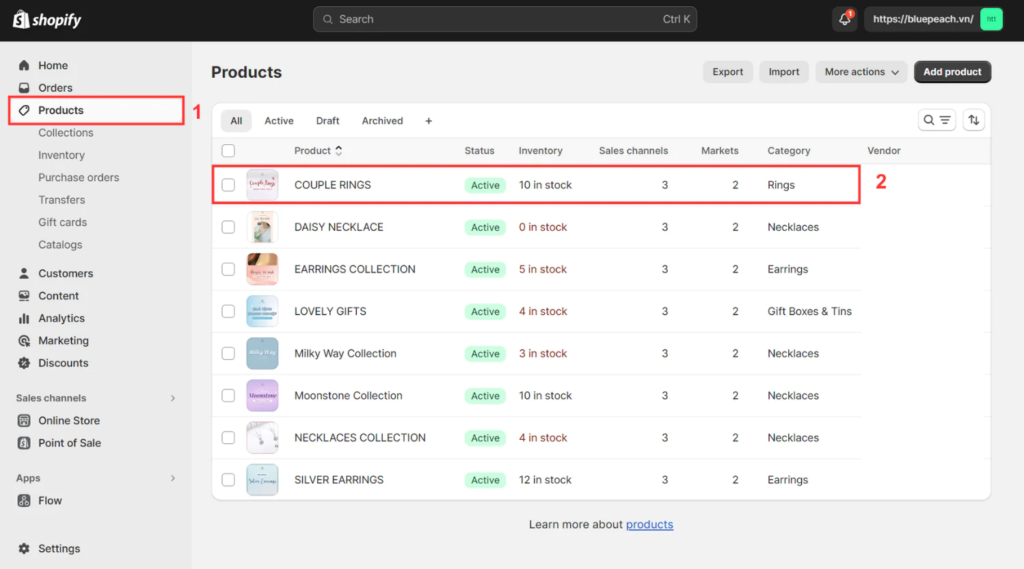
ClickFunnels focuses more on the marketing and lead conversion side of e-commerce. While it does not offer an extensive inventory management system like Shopify, it excels in creating checkout pages that are optimized for high conversions. ClickFunnels allows for one-click upsells and order bumps within the sales funnel, which can significantly increase the average order value. Additionally, ClickFunnels integrates with several payment processors, enabling quick and easy transactions within the funnel.

When comparing Shopify versus ClickFunnels regarding e-commerce features, it’s clear that Shopify is the more robust option for merchants looking to build and manage a traditional online storefront with a range of products. Its e-commerce tools are extensive, designed to handle everything from product organization to order fulfillment.
Conversely, ClickFunnels is the go-to for businesses that require a powerful sales funnel system to sell individual products or a small selection of offerings. The platform’s strength lies in its ability to create a streamlined path to purchase, which is ideal for maximizing the conversion rate for each visitor.
Ultimately, the decision between Shopify and ClickFunnels will come down to the specific needs of your e-commerce business. If you require a full suite of e-commerce features to manage a broad inventory and ensure a comprehensive shopping experience, Shopify is likely the better choice. If your focus is on crafting targeted sales funnels to sell a product or service, ClickFunnels might be the optimal solution.
Sales Funnel Functionality
When it comes to sales funnel functionality, ClickFunnels and Shopify offer different approaches tailored to their primary objectives.
ClickFunnels is specifically designed to create high-converting sales funnels, which is its standout feature. The platform allows you to build a sequence of pages that lead your visitors through a sales process, ultimately guiding them to a purchase decision. Each funnel can be customized with various types of pages, from opt-ins and sales pages to upsells and thank-you pages. ClickFunnels also enables A/B testing, allowing users to test different elements of their funnels to improve conversion rates over time.

Shopify, while not primarily a sales funnel builder, does offer apps and integrations that can enhance its sales funnel capabilities. With these add-ons, merchants can create landing pages and implement upsell and cross-sell opportunities at checkout. Shopify’s strength lies in its ability to manage and run an online store efficiently, but with the right integrations, it can also support a basic sales funnel approach.
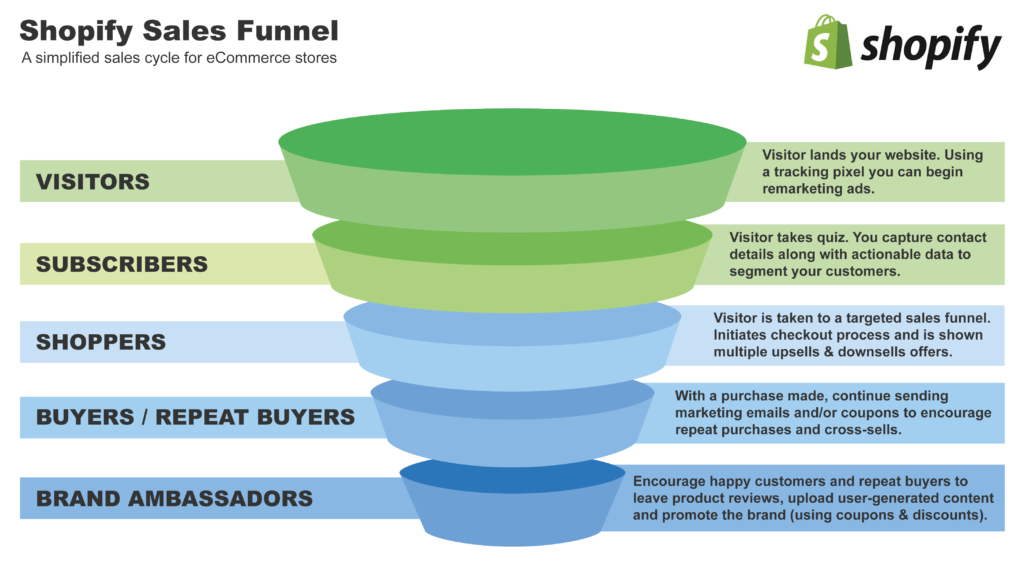
In terms of sales funnel functionality, ClickFunnels is the clear leader if your primary goal is to build targeted, conversion-optimized funnels. It provides the necessary tools and features to create a seamless sales process that can be fine-tuned to your audience’s behavior.
Shopify, on the other hand, offers sales funnel functionality mostly through third-party apps, which can add to the cost and complexity but also allows for a greater degree of customization within the context of a full online store.
Deciding between Shopify and ClickFunnels for sales funnel functionality comes down to your business focus. If you need a dedicated funnel builder that can help you craft a persuasive sales journey, ClickFunnels is the way to go. If you’re running a comprehensive online store and want to incorporate funnel elements, Shopify’s integrations may provide the flexibility you need.
Marketing Tools
The marketing tools provided by Shopify and ClickFunnels equip businesses with the capabilities to reach potential customers and enhance sales. Each platform offers a distinctive set of tools suited to different marketing strategies.
Shopify has a suite of marketing tools integrated into its platform, which are designed to support an online store’s growth. These tools include email marketing solutions, social media integrations, and the ability to create targeted ad campaigns directly from the Shopify dashboard. Additionally, Shopify offers SEO features to help your store rank higher in search engine results, and its analytics help you understand customer behavior and track the success of your marketing efforts.
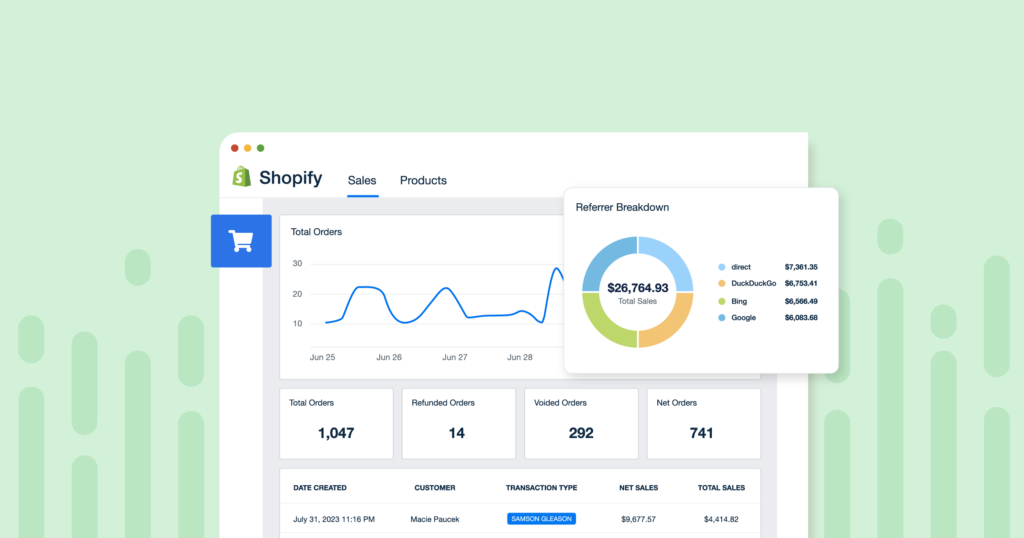
ClickFunnels excels in creating marketing funnels that are optimized for conversion. Its tools are focused on funnel analytics, email automation sequences, and integrated affiliate programs (Backpack). ClickFunnels also simplifies the process of creating and testing landing pages that convert, and it allows for easy integration with email marketing services and webinar platforms.

ClickFunnels shines with its ability to create targeted campaigns that drive leads through sales funnels, while Shopify is robust in offering a variety of marketing tools that can help promote an entire online store. ClickFunnels’ marketing tools are highly specialized for funnel optimization and conversion tracking, making them ideal for businesses focused on maximizing each step of the sales process.
Shopify’s marketing tools are broad and cater to the overall promotion of an online store, from product discovery to post-purchase follow-ups. If you need a comprehensive marketing strategy that encompasses various channels and customer touchpoints, Shopify’s marketing tools are well-suited to the task.
In conclusion, the choice between Shopify and ClickFunnels for marketing tools depends on your business model and marketing objectives. If your goal is to build a highly targeted sales funnel with integrated marketing features, ClickFunnels is a strong choice. For those managing an online store and looking for a wide range of marketing options, Shopify provides an extensive toolkit for various marketing activities.
Pricing and Value for Money
When evaluating the pricing and value for money of Shopify and ClickFunnels, it’s essential to consider the features and services each platform offers in relation to their costs.
Shopify offers tiered pricing plans that cater to a range of business sizes, from small startups to large enterprises. The basic plan starts at a lower price point, which provides access to all the essential features needed to start and run an online store, including website hosting, a shopping cart, and a blog, as well as a way to accept payments. Higher-tier plans include additional features such as professional reports, advanced customization options, and lower transaction fees. Shopify also offers a Shopify Plus plan for high-volume merchants and large businesses, which includes additional services and support.
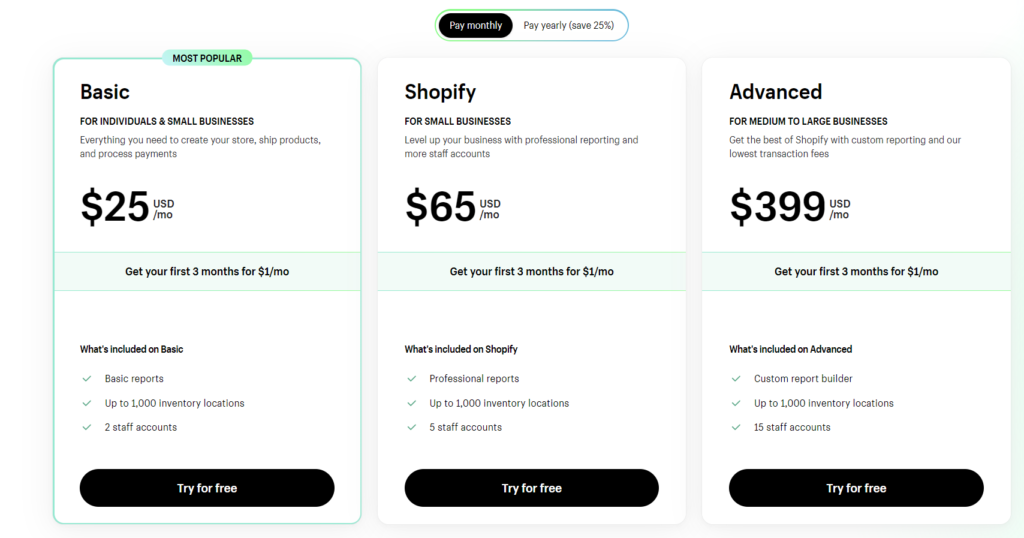
ClickFunnels also uses a tiered pricing model, but its plans are generally more expensive than Shopify’s entry-level options. This is because ClickFunnels is primarily a sales funnel builder rather than a traditional online store platform. The basic plan allows users to create a limited number of funnels and pages, with access to the funnel builder, a/B testing, and other core features. The higher-tier plan includes unlimited funnels, pages, and additional features like the affiliate program management tool, Backpack, and the email marketing tool, Actionetics.
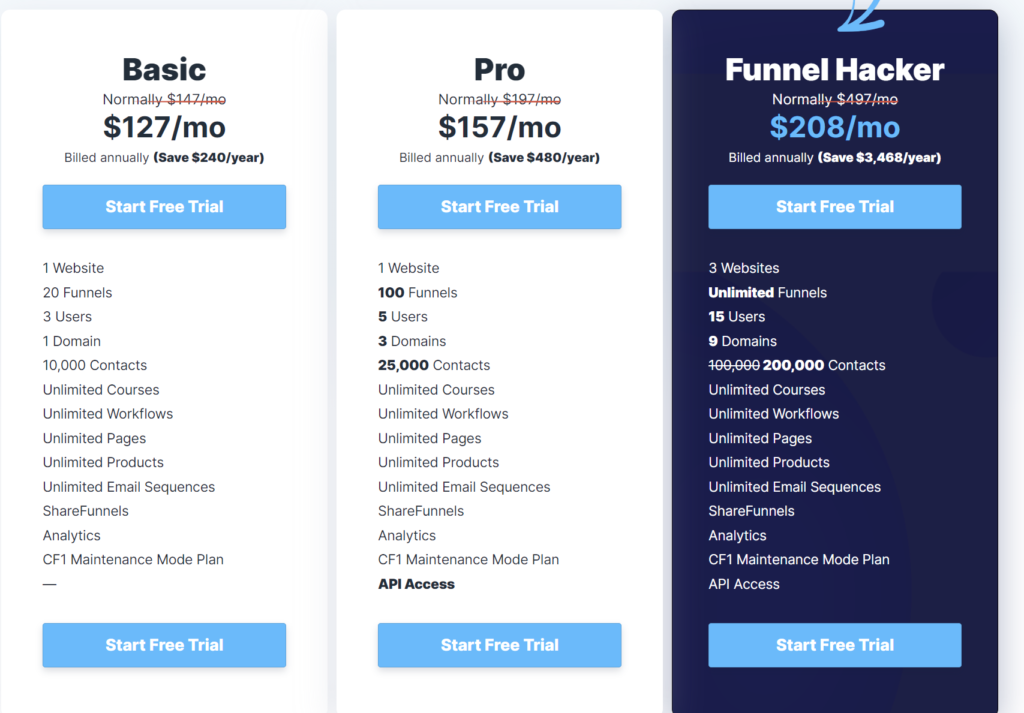
In terms of value for money, the best platform for you depends on your specific business needs. Shopify tends to offer more value for those who need a comprehensive e-commerce solution with various sales channels and a potential for a large number of products. It’s also considered more scalable for growing businesses.
ClickFunnels, being specialized in creating sales funnels, might offer better value for businesses that focus on direct sales strategies, digital products, or those who rely heavily on lead generation and conversion optimization.
Choosing between Shopify and ClickFunnels on the basis of pricing and value for money requires a clear understanding of your business goals. If you need a full-fledged online store with multiple product listings and a wide array of e-commerce features, Shopify’s pricing plans may offer more value. If your primary goal is to optimize your sales process and convert leads through highly targeted funnels, ClickFunnels, despite its higher cost, may provide the greater value due to its specialized feature set.
Analytics and Reporting
Understanding the analytics and reporting features of Shopify and ClickFunnels is crucial for businesses to track performance and make data-driven decisions.
Shopify offers an in-depth analytics and reporting system that helps store owners track sales, customer behavior, and other key performance indicators (KPIs). The dashboard provides a visual representation of sales trends, traffic sources, and customer demographics. On higher-tier plans, Shopify provides more advanced reports, including customer lifetime value and behavior reports, which can help merchants tailor their marketing and sales strategies. The analytics extend to tracking the performance of specific marketing campaigns, giving users a clear picture of their return on investment (ROI).
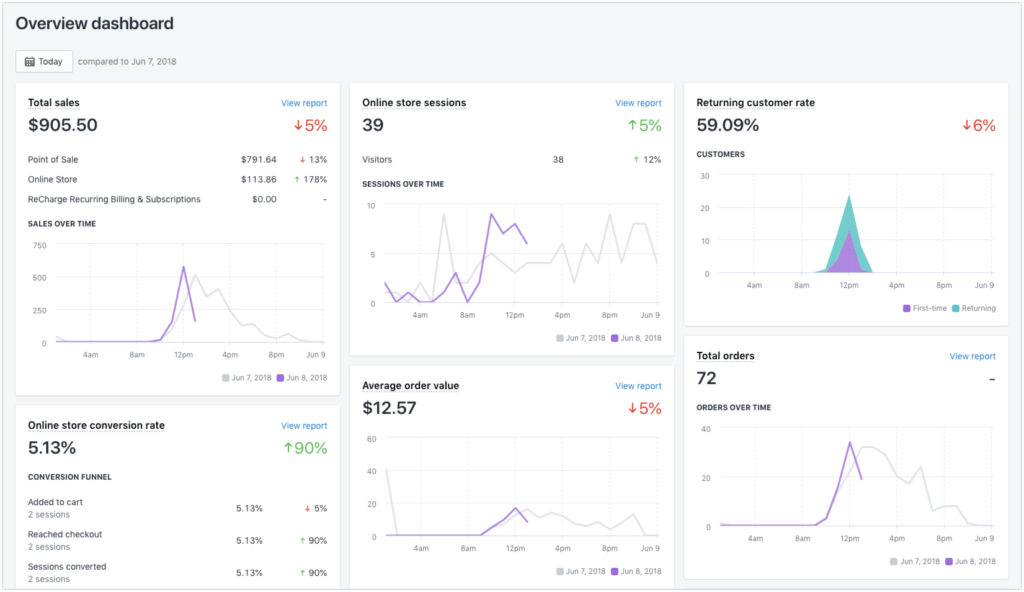
ClickFunnels offers analytics focused on each step of the sales funnel process. You can track conversions, click-through rates, and other funnel-specific metrics, which allows for a granular analysis of how well different funnel stages are performing. ClickFunnels’ reporting helps in identifying bottlenecks in the sales process so that they can be optimized for better conversions. While ClickFunnels’ analytics are robust for funnel optimization, they may not be as comprehensive as Shopify’s for overall store management and customer data analysis.

In terms of analytics and reporting, Shopify is generally better suited for e-commerce businesses that need a wide array of data to manage an online store, track inventory, and understand customer purchasing patterns. Shopify’s value in analytics and reporting grows with the scale of the business, as more data points and complex reports become necessary.
ClickFunnels, on the other hand, is more focused on optimizing sales funnels and is therefore particularly valuable for businesses that want to track the customer journey through each phase of the funnel. The platform’s analytics are designed to help users understand and improve the performance of their marketing and sales strategies at each conversion point.
Ultimately, the choice between Shopify and ClickFunnels for analytics and reporting should be based on the specific needs of your business. If you require comprehensive data on all aspects of an online store, Shopify’s analytics are more suitable. If you need detailed reports on funnel performance and conversion optimization, ClickFunnels excels in this area.
SEO and Mobile Friendliness
In the digital age, SEO (Search Engine Optimization) and mobile friendliness are pivotal for the success of any online platform. Here’s how Shopify and ClickFunnels stack up in these vital areas.
Shopify: SEO and Mobile Friendliness
Shopify is designed with SEO in mind, offering features that help improve your store’s visibility in search engine results. This includes customizable headlines, titles, and meta tags. Shopify also generates sitemaps automatically, which helps search engines index your site more efficiently. The platform is known for its clean, crawlable code and integrates well with various SEO apps for further optimization.
In terms of mobile responsiveness, Shopify themes are designed to be mobile-friendly. This is crucial since a significant portion of online shoppers use mobile devices. Shopify’s themes adapt seamlessly to different screen sizes, ensuring that your online store is easily accessible and navigable on smartphones and tablets.
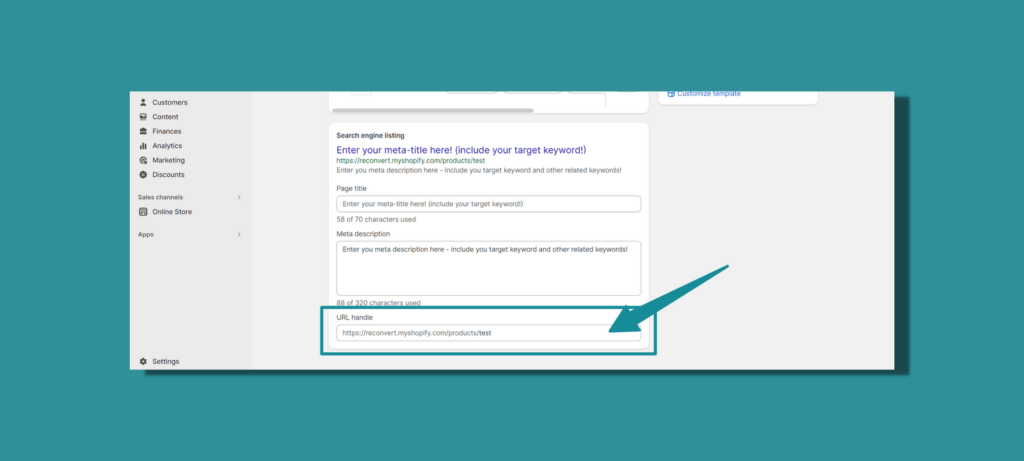
ClickFunnels: SEO and Mobile Friendliness
ClickFunnels allows for basic SEO optimization. Users can edit their funnel pages’ meta titles, descriptions, and images for sharing on social media, which is beneficial for visibility. However, because ClickFunnels is a funnel builder and not a traditional website builder, its pages tend to be more focused on conversion rather than content-rich pages that are typically better for SEO.
Mobile friendliness is a core feature of ClickFunnels, understanding the importance of mobile users. All the funnel pages created with ClickFunnels are automatically mobile-responsive, ensuring that they render well on various devices and contribute to a positive user experience.

Comparing SEO and Mobile Friendliness
When comparing Shopify and ClickFunnels, Shopify offers a more comprehensive set of SEO tools suitable for an online storefront. It’s designed to help create a content-rich website that search engines can easily index and rank. On the other hand, ClickFunnels provides the essentials for SEO but is more focused on the conversion aspect rather than full-scale SEO.
For mobile friendliness, both platforms understand the necessity of a mobile-optimized experience and ensure their templates and funnels are responsive. This means that no matter which platform you choose, you can trust that your site or funnel will be accessible to the growing number of users who shop or browse on their mobile devices.
Third-party Integrations
In today’s interconnected digital ecosystem, third-party integrations are essential for extending the functionality of online platforms. Both Shopify and ClickFunnels offer various integrations, allowing users to connect to a multitude of other services and tools.
Shopify: Third-party Integrations
Shopify boasts a vast app marketplace with thousands of third-party integrations available. These integrations span across various categories such as accounting, marketing, sales, social media, customer service, and inventory management. Popular integrations include QuickBooks for accounting, Mailchimp for email marketing, and Oberlo for dropshipping.
One of the key advantages of Shopify’s third-party integrations is that they allow for a high degree of customization and scalability. Whether you’re looking to refine your email marketing strategy or streamline your shipping process, there’s likely an app for that. Plus, Shopify’s API allows developers to create custom integrations, offering even more flexibility.
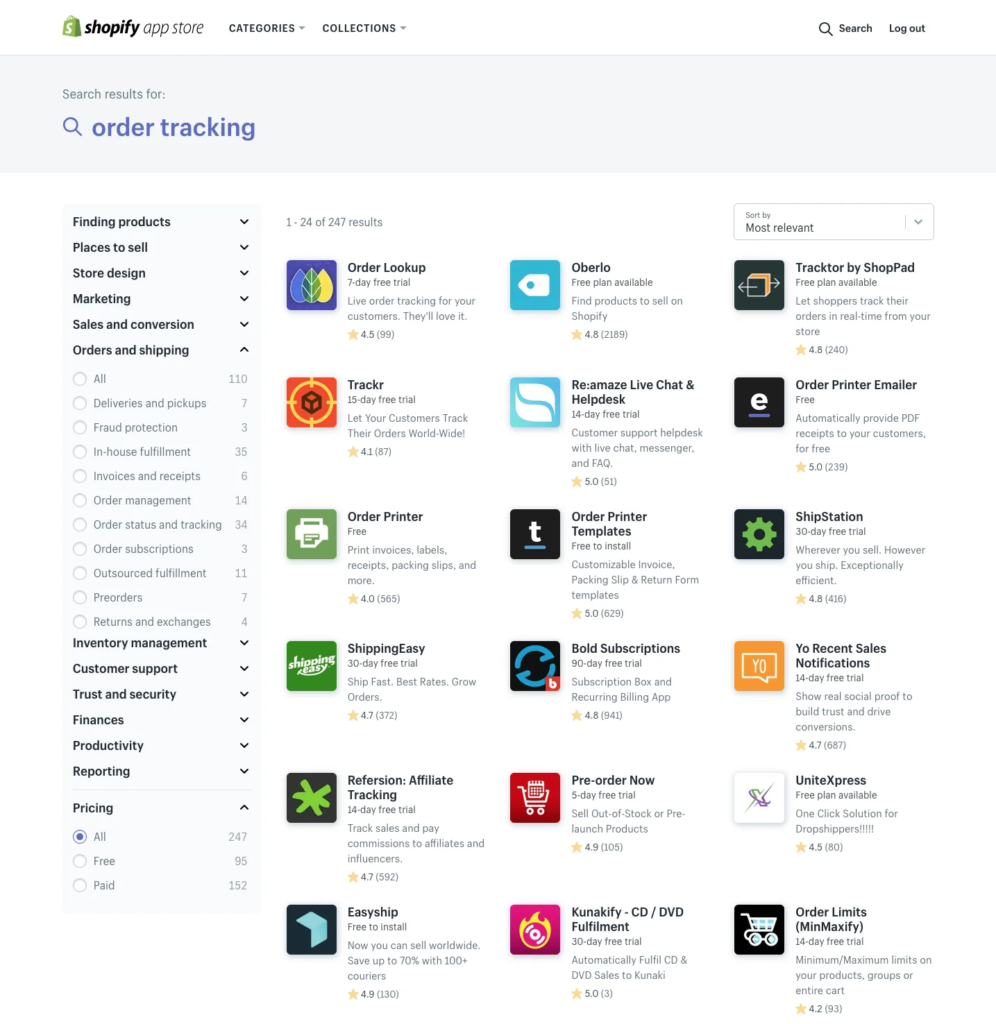
ClickFunnels: Third-party Integrations
ClickFunnels also supports a range of third-party integrations, focusing on tools that enhance the performance of sales funnels. Integrations with email marketing platforms, webinar tools, payment gateways, and CRMs are available to ClickFunnels users. This includes integrations with platforms like AWeber, GetResponse, PayPal, and Stripe.
The integrations in ClickFunnels are primarily designed to automate the sales process, increase conversions, and manage customer relationships seamlessly. The platform may not have as many integrations as Shopify, but it covers the necessary tools for its core purpose of building effective sales funnels.
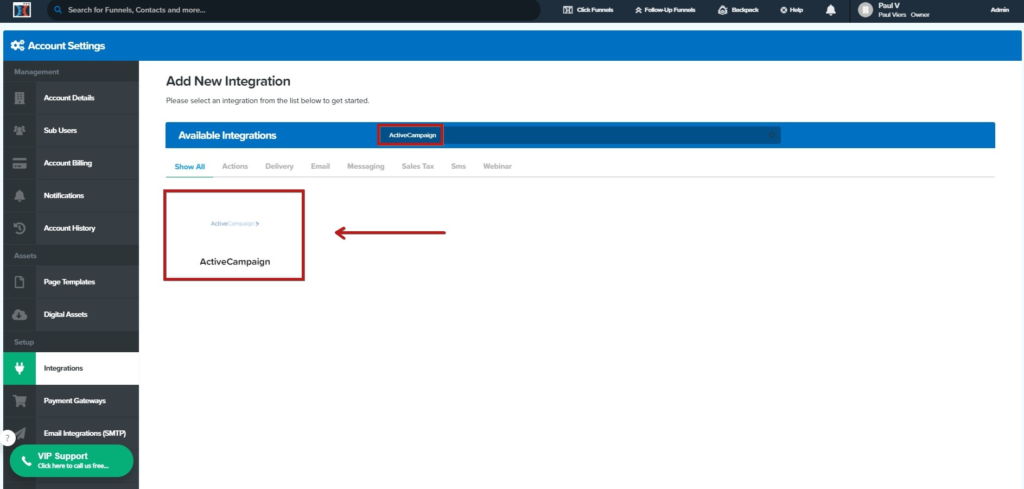
Comparison and Use Cases
When it comes to third-party integrations, Shopify generally offers a wider selection due to its nature as an e-commerce platform. It’s designed to handle all aspects of running an online store, which requires a broader range of functionalities. Shopify’s integrations are particularly useful for users who need a robust set of tools to manage complex operations.
Conversely, ClickFunnels’ integrations are more focused on the marketing and sales aspect of the business, making it more streamlined for users who are primarily interested in building sales funnels rather than managing a full-fledged store.
In conclusion, the choice between Shopify and ClickFunnels for third-party integrations should be guided by your specific business needs. If you need a comprehensive suite of tools to run an online store, Shopify is likely the better choice. If your focus is on building and optimizing sales funnels, ClickFunnels’ targeted selection of integrations will better suit your needs.
Customer Support and Community
For any online business platform, robust customer support and an active community are invaluable resources. Both Shopify and ClickFunnels recognize this and have developed comprehensive support systems.
Shopify: Customer Support and Community
Shopify provides 24/7 customer support via phone, email, and live chat. Users can access a wealth of knowledge through the Shopify Help Center, which contains guides, tutorials, and frequently asked questions. Additionally, Shopify’s discussion forums are a rich resource where merchants can exchange ideas, solve problems, and share experiences.
Shopify also hosts Shopify Academy, offering free training and educational materials to help merchants succeed in their e-commerce ventures. There are regular webinars, and the platform also supports in-person meetups and events, fostering a sense of community among users.
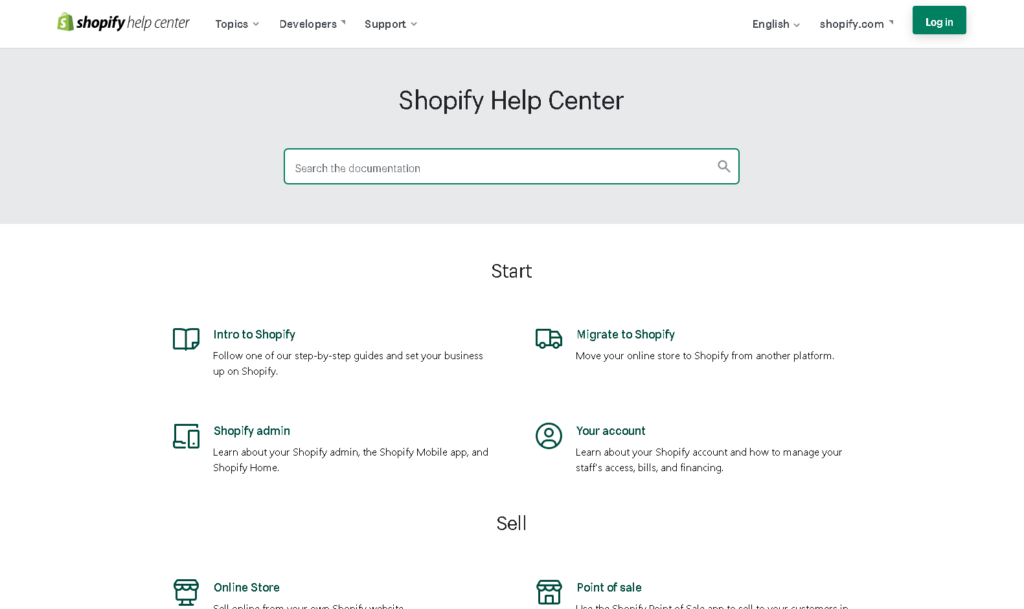
ClickFunnels: Customer Support and Community
ClickFunnels offers a robust customer support system, with options including email support and a comprehensive knowledge base that users can access for self-help. The platform’s official Facebook group is particularly active, providing a space for users to seek advice, share successes, and offer support to one another.
Moreover, ClickFunnels has established a strong sense of community through its annual Funnel Hacking Live event, where users can learn from successful entrepreneurs and network with other ClickFunnels users. The company also offers extensive training programs, like the ClickFunnels Coaching program, which helps users maximize the potential of their funnels.
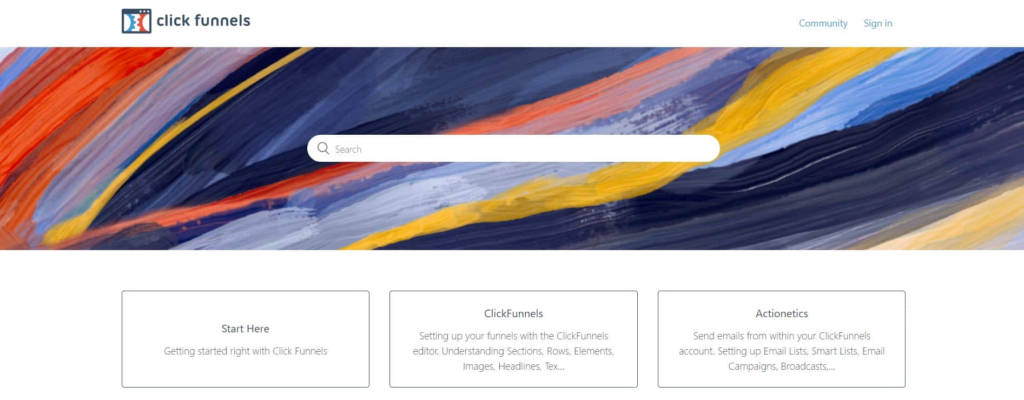
Comparison and Insights
Both Shopify and ClickFunnels excel in providing customer support and fostering community engagement, though they each have unique strengths. Shopify’s round-the-clock customer service is extensive, offering multiple channels of support to cater to a global user base. Its community forums and educational resources are especially beneficial for users who prefer to learn and resolve issues at their own pace.
ClickFunnels, while it may not offer 24/7 live support, has cultivated a vibrant community, especially on social media, which is invaluable for real-time peer support and networking. The annual events and coaching programs create an immersive experience that extends beyond traditional customer service.
When considering customer support and community, businesses must evaluate their preferences for learning and engagement. If diverse support options and educational content are priorities, Shopify is an excellent choice. If a dynamic community and live learning experiences resonate more, ClickFunnels could be the ideal fit.
Scalability
Scalability is a critical factor for businesses that aim to grow and expand over time. Both Shopify and ClickFunnels offer scalability options, but they cater to different types of business growth.
Shopify: Scalability
Shopify is renowned for its capability to scale with your business. From small startups to large enterprises, Shopify provides a range of plans to accommodate the changing needs of an online store. As your business grows, you can upgrade to higher-tier plans which offer advanced features like professional reports, third-party calculated shipping rates, and an advanced report builder.
Shopify Plus, the enterprise-level solution, offers even more scalability for high-volume merchants and large businesses. It includes features such as higher API limits, dedicated support teams, and the ability to handle higher levels of sales and traffic with ease.
Moreover, Shopify’s infrastructure is designed to manage traffic spikes, which is essential during high-volume sales periods such as Black Friday or Cyber Monday. This reliability ensures that your store remains online and performs well even under extreme conditions.

ClickFunnels: Scalability
ClickFunnels is also scalable but focuses more on the marketing and sales funnel side of business growth. Its scalability mainly involves the ability to create more funnels and pages as your business requires them, and its tiered pricing structure allows you to increase your funnel numbers and add additional team members.
For businesses that primarily rely on sales funnels to drive growth, ClickFunnels ensures that you can keep up with increasing demand by offering additional bandwidth, sub-user accounts, and payment gateways as you move up their plans.
While ClickFunnels might not handle the same level of e-commerce transactions as Shopify, it is well-suited for businesses that scale through lead generation, digital product sales, and marketing automation.

Comparison and Considerations
When comparing the scalability of Shopify and ClickFunnels, consider what kind of growth you anticipate for your business. Shopify is the go-to choice for businesses that expect to grow in terms of product offerings, customer base, and transaction volume. It provides a robust infrastructure that can handle significant increases in traffic and sales.
In contrast, ClickFunnels is ideal for businesses whose growth is tied to efficient marketing funnels, conversion rate optimization, and digital sales. It offers the tools needed to scale these aspects without the complexity of managing a full-scale e-commerce operation.
In conclusion, both Shopify and ClickFunnels provide scalable solutions, but they cater to different growth trajectories. Your choice should align with your business model and long-term growth strategy.
Scalability is a critical factor for businesses that aim to grow and expand over time. Both Shopify and ClickFunnels offer scalability options, but they cater to different types of business growth.
Security and Reliability
Security and reliability are paramount for any online business platform. Ensuring that customer data is safeguarded and that services are consistently available is crucial for maintaining trust and operational stability. Shopify and ClickFunnels both prioritize these aspects but implement them differently according to their service models.
Shopify: Security and Reliability
Shopify is known for its strong security measures, which are designed to protect both merchants and customers. All Shopify stores come with SSL certificates to ensure encrypted transactions, and the platform is compliant with the Payment Card Industry Data Security Standard (PCI DSS). This means that it adheres to stringent security standards for handling credit card information.
In terms of reliability, Shopify offers a 99.98% uptime guarantee, which is essential for maintaining continuous access to your online store. Their infrastructure is built to handle spikes in traffic, ensuring that your store stays online even during peak shopping periods.
Additionally, Shopify provides regular updates to keep security tight and features up-to-date, which is a key component of maintaining a secure and reliable platform.

ClickFunnels: Security and Reliability
ClickFunnels also takes security seriously, implementing measures to protect user data and transactions. Like Shopify, ClickFunnels uses SSL encryption across its pages, ensuring that data passed between the web server and browsers remain private.
The platform’s reliability is reflected in its robust server infrastructure, which is designed to handle high volumes of traffic and prevent downtime. ClickFunnels commits to reliable hosting for your sales funnels, with consistent monitoring and updates to ensure smooth operation.
While ClickFunnels may not handle the same volume of e-commerce transactions as Shopify, they understand the importance of security in the sales funnel process and have measures in place to protect both the users and their customers.

Comparison and Insights
Both Shopify and ClickFunnels understand that security and reliability are non-negotiable for businesses operating online. Shopify’s comprehensive security features and robust infrastructure make it an ideal choice for e-commerce businesses that handle a large volume of transactions.
On the other hand, ClickFunnels focuses on ensuring that the sales funnel process is secure and reliable, catering to businesses that rely on online marketing and digital product sales.
Ultimately, when choosing between the two platforms, businesses should consider the nature of their operations and the level of security and reliability they require. However, both platforms have put considerable effort into ensuring that they meet the high standards needed to protect business owners and their customers.
User Reviews and Testimonials
User reviews and testimonials are powerful tools that can significantly influence the reputation and perceived value of online business platforms like Shopify and ClickFunnels. These firsthand accounts provide insight into the user experience and can guide potential customers in their decision-making process.
Shopify: User Reviews and Testimonials
Shopify has a vast number of user reviews and testimonials that highlight the platform’s ease of use, extensive features, and excellent customer support. Many users praise Shopify for its intuitive interface which allows them to set up and manage their online stores with little to no technical expertise.
Testimonials often focus on Shopify’s scalable infrastructure, which has helped businesses grow from small startups to large enterprises. Success stories of Shopify users are frequently showcased on the platform’s website, emphasizing the potential for growth and expansion that Shopify offers.

ClickFunnels: User Reviews and Testimonials
ClickFunnels user reviews and testimonials commonly cite the platform’s effectiveness in creating high-converting sales funnels and its robust marketing tools. Users appreciate the library of funnel templates and the straightforward editing tools that make it simple to customize funnels without needing design or coding expertise.
The testimonials on ClickFunnels often tell stories of how the platform has helped businesses increase their conversion rates and sales. The company also showcases case studies of users who have significantly grown their businesses using ClickFunnels, which serves as potent social proof.
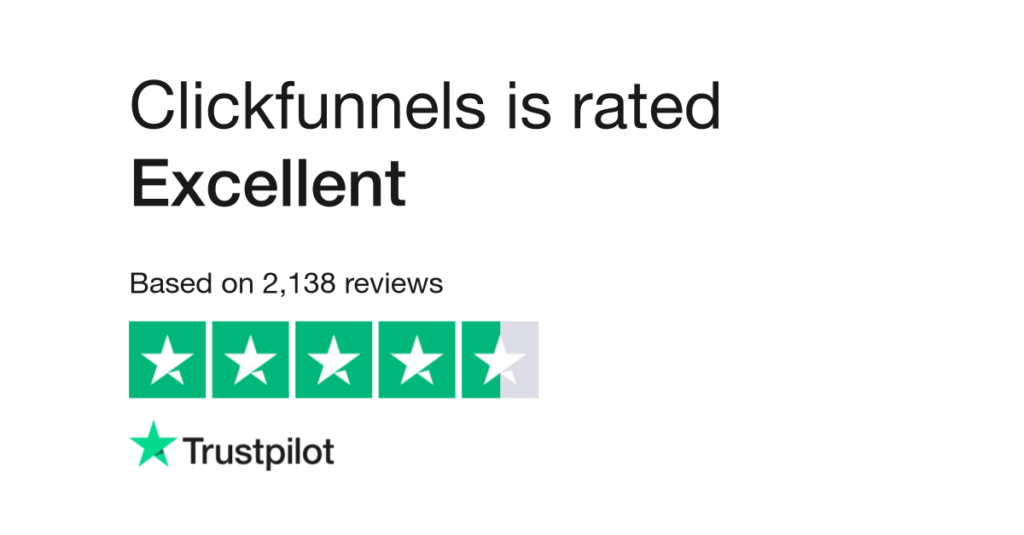
The Importance of User Reviews and Testimonials
User reviews and testimonials are essential as they provide social proof and build trust with potential customers. They can alleviate concerns by showing real-life examples of customer satisfaction and the tangible benefits experienced by users of the platforms.
For both Shopify and ClickFunnels, positive reviews and testimonials are not just marketing tools but also serve as feedback mechanisms. They help the companies understand what they are doing right and where they could improve, ensuring that they continue to meet the needs of their users.
When looking at reviews and testimonials, it’s crucial to consider the source and look for a pattern within the feedback. While every user’s experience is unique, consistent praise or criticism in certain areas can be telling of the platform’s strengths and weaknesses.
Conclusion
When navigating the crowded waters of online business platforms, user reviews and testimonials serve as beacons that can guide you towards making an informed decision. Shopify and ClickFunnels, each with their distinct offerings, have carved out significant niches in the e-commerce and digital marketing spaces, respectively. The user feedback for both platforms underscores their strengths and the specific needs they fulfill for business owners.
Shopify’s reviews often reflect its robust e-commerce capabilities, user-friendly design, and scalability, making it a preferred choice for those looking to start or grow an online store. The platform’s security, reliability, and comprehensive features have helped numerous businesses flourish, which is well-documented in the plethora of success stories shared by its users.
On the other hand, ClickFunnels is celebrated for its ability to create effective sales funnels with ease, contributing to higher conversion rates and more efficient online marketing campaigns. The testimonials from its users frequently highlight the platform’s direct impact on their sales and the power of its marketing tools.
Both platforms have demonstrated a commitment to security and reliability, understanding the importance of these elements in building and maintaining the trust of their users. The positive feedback in these areas not only reassures potential customers but also speaks to the platforms’ dedication to providing a secure and stable service.
Ultimately, the choice between Shopify and ClickFunnels will come down to your specific business requirements and goals. Do you need a comprehensive e-commerce solution that can scale with your growing product line and customer base? Or are you looking for a platform that specializes in optimizing your sales funnel and marketing strategy? By considering the user reviews and testimonials, you’ll gain valuable insights into which platform aligns best with your business aspirations.
Remember, the success stories and reviews are not just promotional content; they are reflections of real experiences. Take the time to read through them, identify common themes, and consider how those themes resonate with your own business needs. Whether you’re just starting out or looking to expand, the shared experiences of others can provide the clarity you need to embark on your next business venture with confidence.

